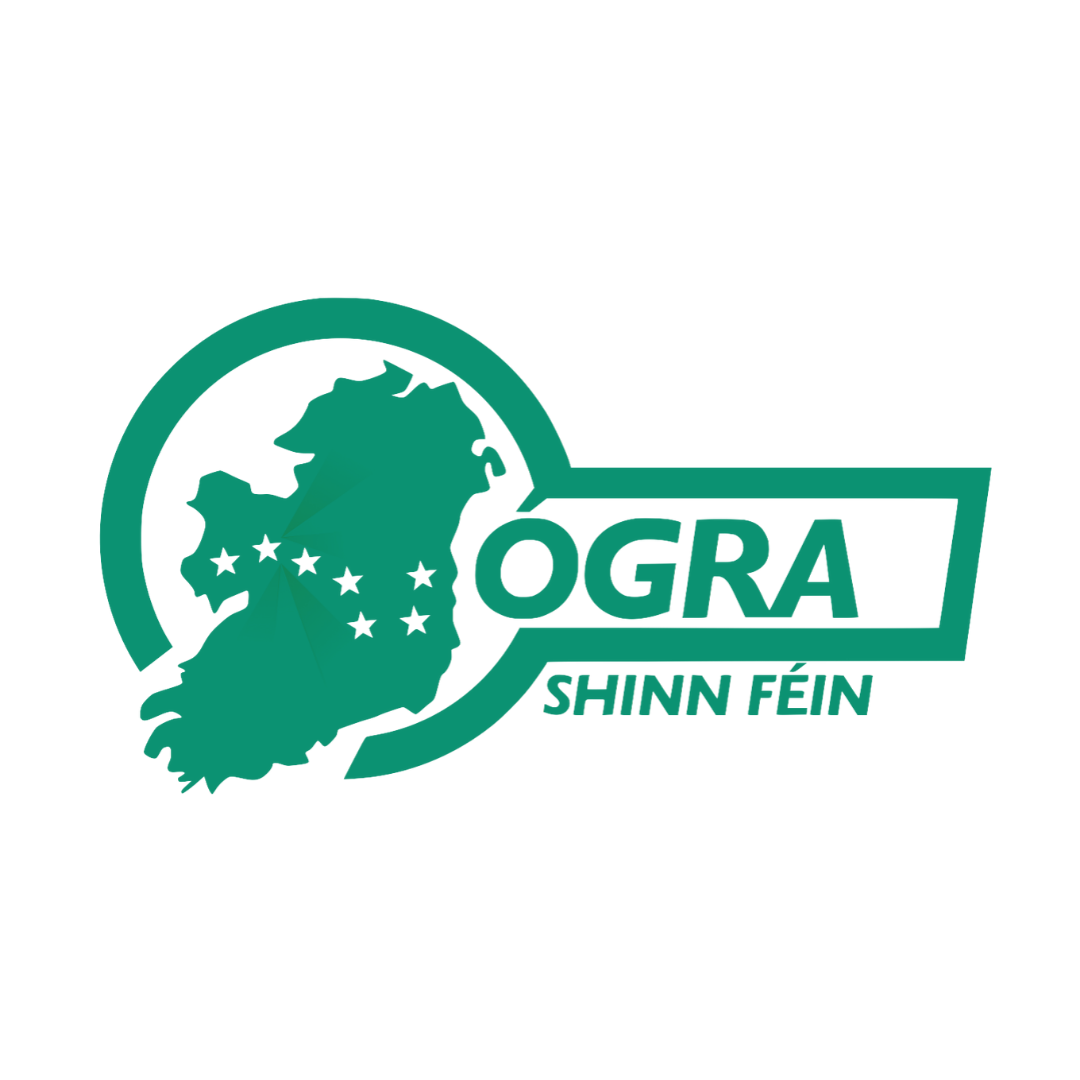La Lluita Continua - Catalan Election Review
Jubilation in Catalonia has only been muted by the Pandemic, as Pro-Independence forces have issued a strong rebuke to the Spanish establishment by strengthening their hand in vote share (Over 51%) and seat share (up four from 70 to 74), in a Parliament where 68 is needed for a majority. The biggest winners on the Independence side were Esquerra Republicana, sister party to Sinn Féin, who are now the joint largest party in terms of seats and are poised to officially take control of the Catalan Presidency for the first time since Josep Tarradellas, who spent the majority of his time in the role exiled by Franco. Aragonés who will be the next permanent president is currently serving as the acting one as Spain found it right in their judgement to bar Quim Torra from office and force this election to take place.
CUP, a smaller Left party were also big winners as they more than doubled their seat share from 4 to 9 and now assume the role of Kingmakers. While divisions in the Centre-Right of Catalan Independence ultimately didn’t harm Junts too much, but have cost PDeCat their entire Parliamentary representation.
The near obscurity of Podemos in this election, in a nation like Catalonia which is quite Left-Wing shows how pointless their position of neutrality on the Independence question is.
The over 51% of votes secured for Pro-Independence parties will change absolutely nothing for Pedro Sánchez and the rest of the Spanish establishment . Sánchez is already claiming the PSC’s first place finish forward as a propaganda victory, and there is some merit to this as under Salvador Illa, the PSC have doubled their seat share from 2017. Though it’s still hollow because effectively Illa was supposed to be the ace up Sánchez’s sleeve, he was the Spanish health minister up until a few weeks ago and the man who could take Catalonia back from the Independentists. A good showing from the PSC aside, this still falls short of the overall objective. While the collective Unionist vote has actually gone down more than 3% from 2017.
The biggest losers of the night were Ciudadanos, who found themselves outflanked on their left by PSC and on their right by Vox. Ciudadanos are unusual in the sense that they are Spanish Unionists that originate from Catalonia but have become organised across the Spanish State. They came first in the 2017 Catalan elections by portraying themselves as a Europhilic moderate/centrist force, but as they became more competitive in the rest of the Spanish State, their messaging began to drift further to the Right.
Aragonès noted to reporters that the ability of Vox to secure 11 seats was in his eyes “the worst part of the night”. The roughly 40% of voters who backed Spanish Unionist parties are becoming divided between backing more ‘moderate’ unionists like PSC/PSOE and the hardline Far-Right who pledge to implement Franco-esque policies in order to repress the Catalan identity. Their strong showing in Catalonia is however in contrast to their weak performances in Galicia and the Basque Country in 2020.
Catalonia has shown the Spanish state that their demand for independence is not going away. But the key going forward for Pro-Independence parties is cooperation. 51% is not a figure to rest on but rather one to build on. The stronger the voice of Independence becomes, the weaker the Spanish establishment’s position gets.
le Ciarán Ó Meachair, Oifigeach Idirnáisiúnta
